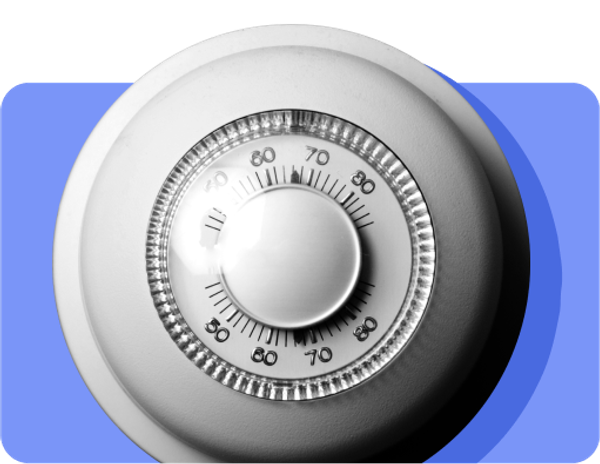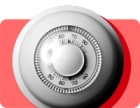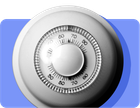How to get heating assistance in North Carolina (LIEAP)
If you need help paying your heating bill this winter, North Carolina’s Low-Income Energy Assistance Program (LIEAP) or Crisis Intervention Program might be able to help.
LIEAP Program.#lieap-program
The Low-Income Energy Assistance Program (LIEAP) is a one-time payment that helps pay for your heating bill.
You are eligible for LIEAP if:#you-are-eligible-for-lieap-if
- You pay your heating bill directly. Your heating bill must be in your name or you must prove you are responsible for paying the bill.
- Your heating service is at risk of being turned off.
- You apply at a DDS office in the county where you live.
- Please note: households can reapply for LIEAP if denied within the same year if the household's situation has changed.
Some important details about LIEAP benefits.#some-important-details-about-lieap-benefits
- There are 3 possible benefit amounts: $300, $400, and $500.
- The amount you receive is based on your income, household size, and the fuel type in your home.
- You can only receive one payment annually.
- Funds may run out before the end of the enrollment period so apply as soon as possible.
Application deadlines for LIEAP:#application-deadlines-for-lieap

Where to apply.#where-to-apply
You must apply at a local DDS office in the county where you live.
A list of offices can be found here**.
**Special application instructions for Native American Households below.
Crisis Intervention Program.#crisis-intervention-program
The Crisis Intervention Program (CIP) is for households experiencing or in danger of experiencing a life-threatening or health-related emergency as a result of not having heating or cooling services.
You are eligible for CIP if:#you-are-eligible-for-cip-if
- You pay your heating bill directly. Your heating bill must be in your name or you must prove you are responsible for paying the bill.
- You have a heating or cooling service related crisis that puts someone in your household at risk of a health emergency.
- You apply at a DDS office in the county where you live.
Some important details to know about CIP.#some-important-details-to-know-about-cip
- Funds cannot be used to pay for water, sewage, or trash fees attached to the energy bill.
- Funds cannot pay bills in a deceased person or minor child's name.
Application dates for CIP.#application-dates-for-cip
Applications are open now until funds run out.
Where to apply.#where-to-apply
You must apply at a local DDS office in the county where you live.
A list of offices can be found here**.
**Special application instructions for Native American Households below.
Information for Native American Households.#information-for-native-american-households
If your household has an 18+ Native American adult living in Cumberland, Hoke, Robeson, or Scotland counties, you must apply for CIP and LIEAP benefits through the Lumbee Tribe.
If your household has a member of the Eastern Band of Cherokee Indians (EBCI) living in Cherokee, Graham, Haywood, Jackson, or Swain counties, you must apply for CIP and LIEAP benefits through the EBCI.






